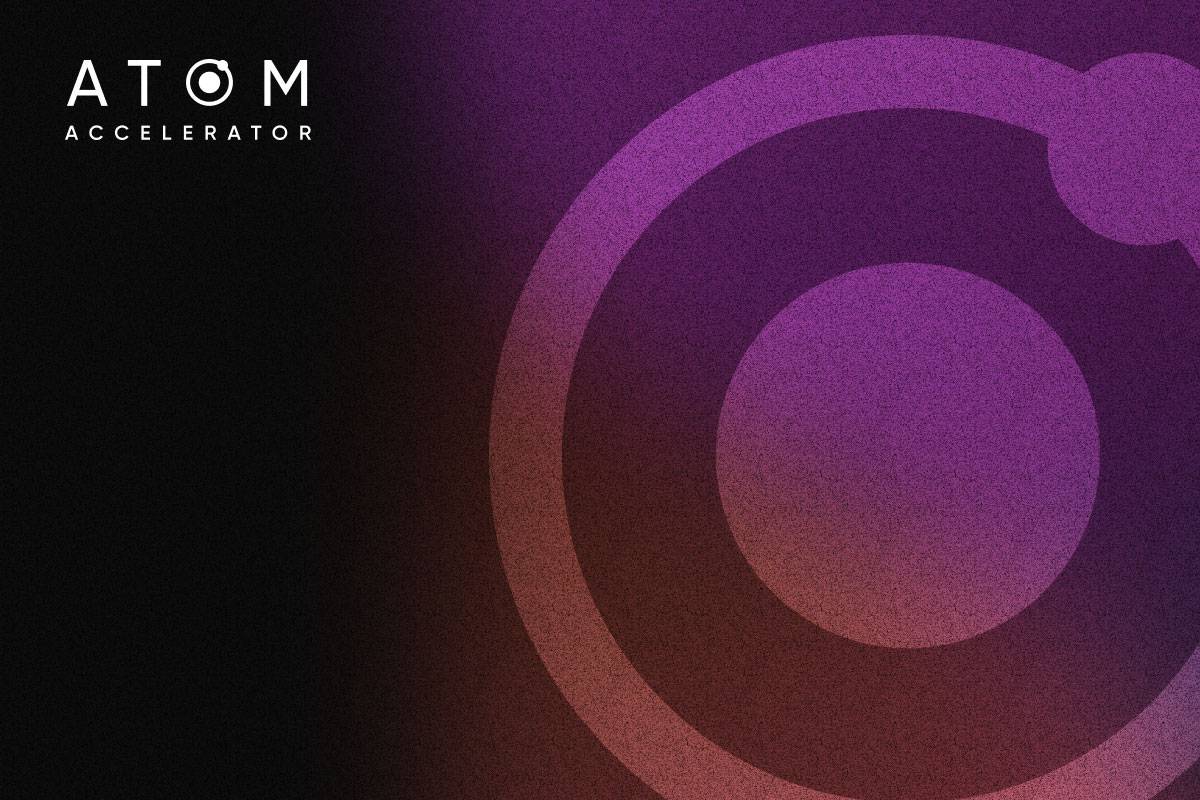Like many others, Cosmos Hub (and Cosmos in general) depend on the health of their communities and vibez—yet understanding and measuring Community Health is difficult.
Default analytics focus on vanity metrics (likes, followers, etc.) and fail to elucidate the root causes that lead to a community either falling apart under pressure or joining shoulders and becoming even stronger.
We address this challenge for Cosmos through a research-backed assessment framework and analytics platform for Web3 communities.Through deeper insights, we can enable community managers to be even more effective and provide meaningful insights for the community to strategise on key initiatives and assess their impact.
Additionally, the tech we’re developing will enable a subsequent phase (potential follow up grant for which the current one lies the foundation):
Quantifying who’s enabling the community. E.g. research on sales teams and traders has show that removing certain people who, although NOT top performers in basic metrics, reduces the performance of the whole team as the person removed had a key role supporting others.
In web3, we can have community members acting as key enablers for bounties, proposals, recruitment, etc. without necessarily them being the ones who complete the bounty or submit the proposal. These “indirect contributions” are fundamental yet currently not accounted.
Thanks to our community health modelling and social network mapping, we’ll be able to quantify said contributions across multiple digital platforms.
Another application of this technology (also as a potential follow up to the present grant to build upon the foundatiosn presented here) is checking representation of different pockets of the communtiy on proposals and initiatives: by mapping the position in the social network, we can see that a certain proposal has only been discussed by a small cluster, while other pockets of the community have been absent of the conversation and hence the proposal lacks perspective. Different automations for targetted notifications could encourage a more representative debate, essentially leveraging technology that social media giants have used for adictive, mindless scrolling, and repurposing for effective governance, contribution, retention, and other features of community health.








